MARK JACKSON
THEATER MAKING ARCHIVE
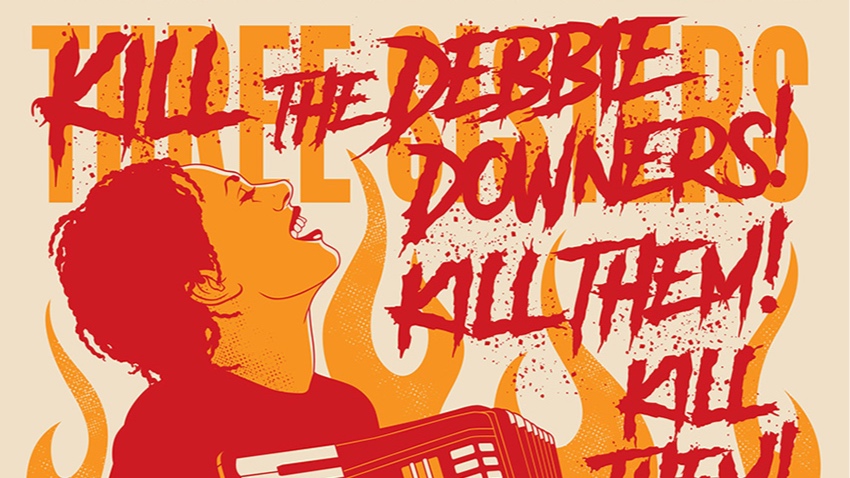
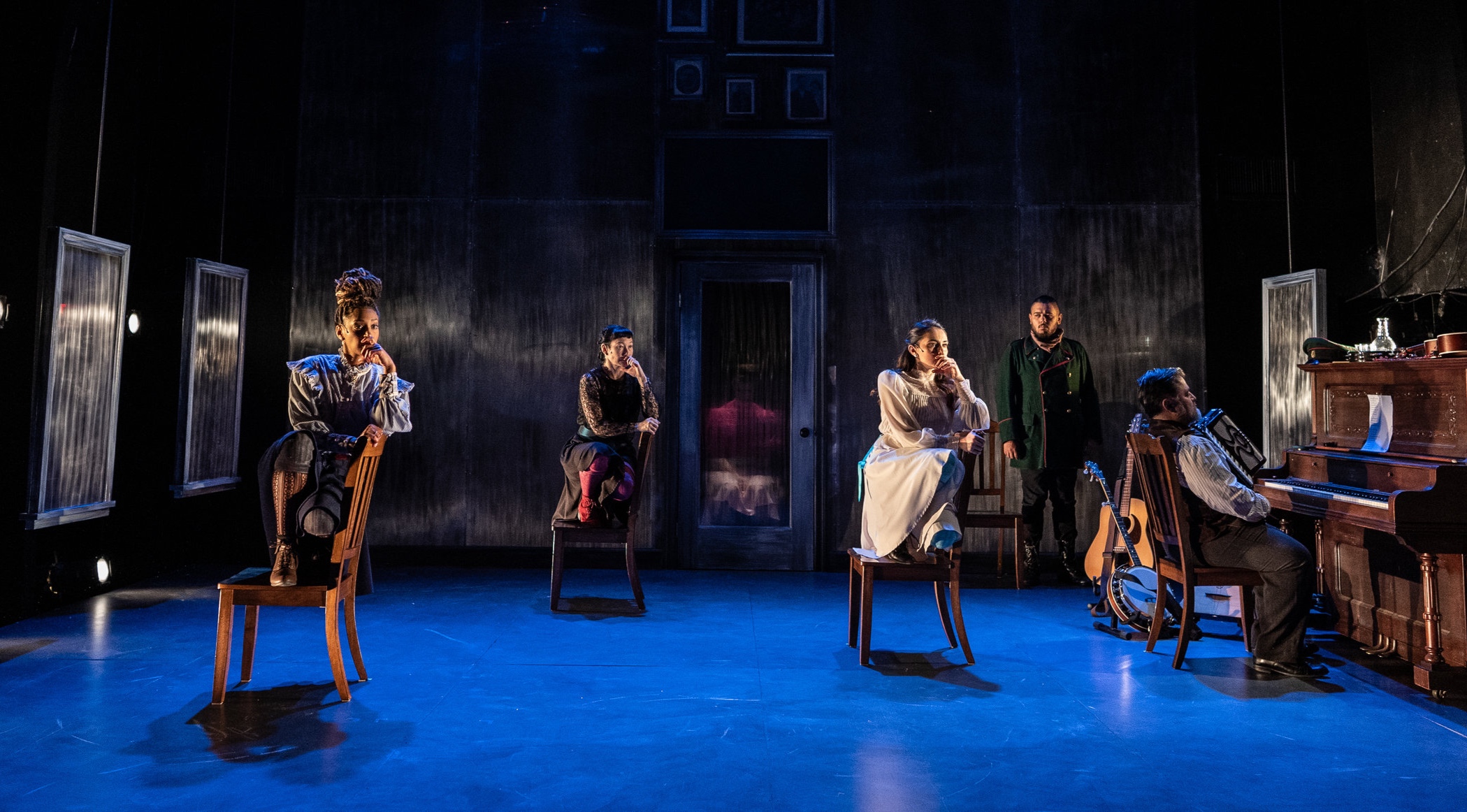
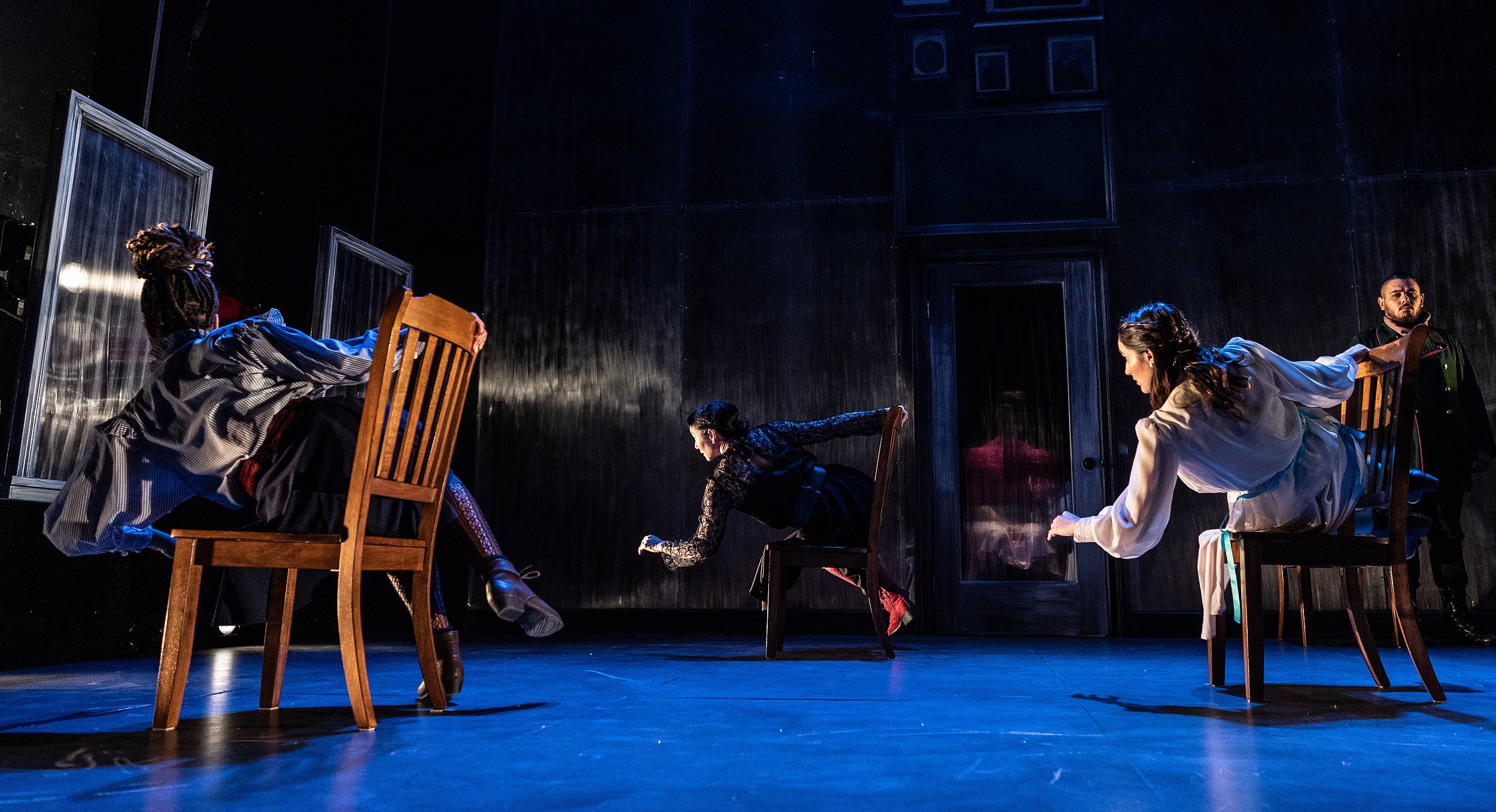
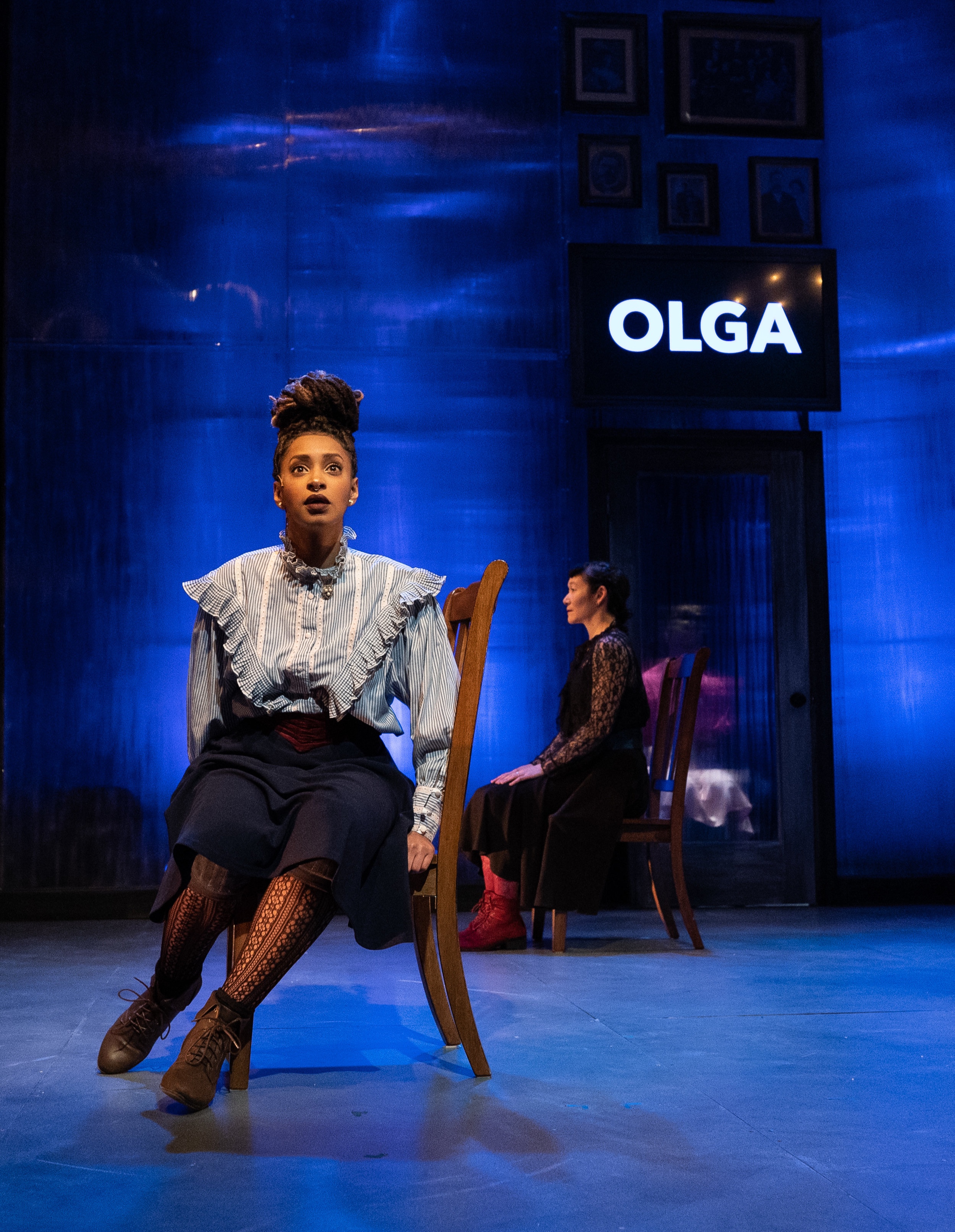
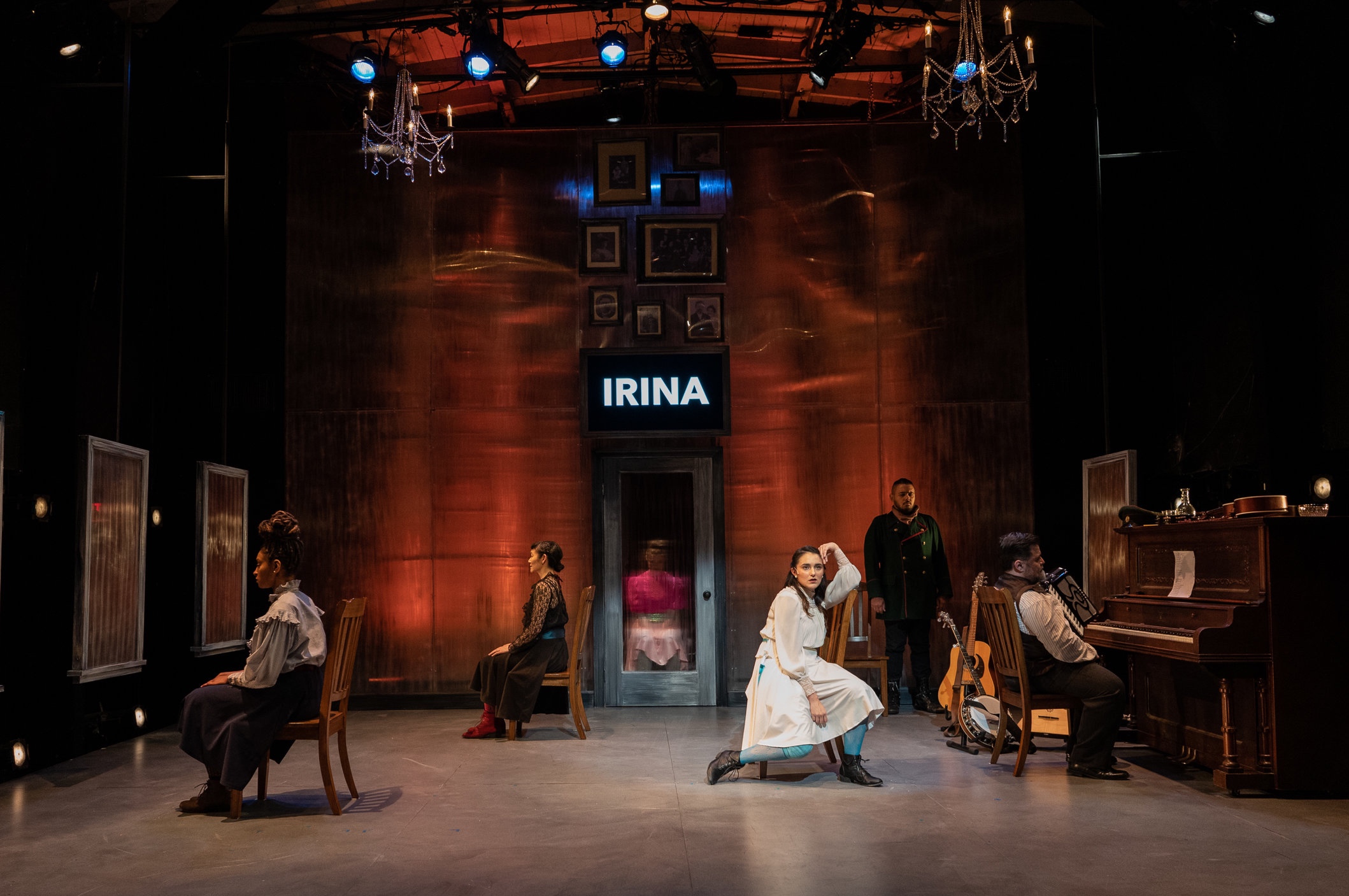
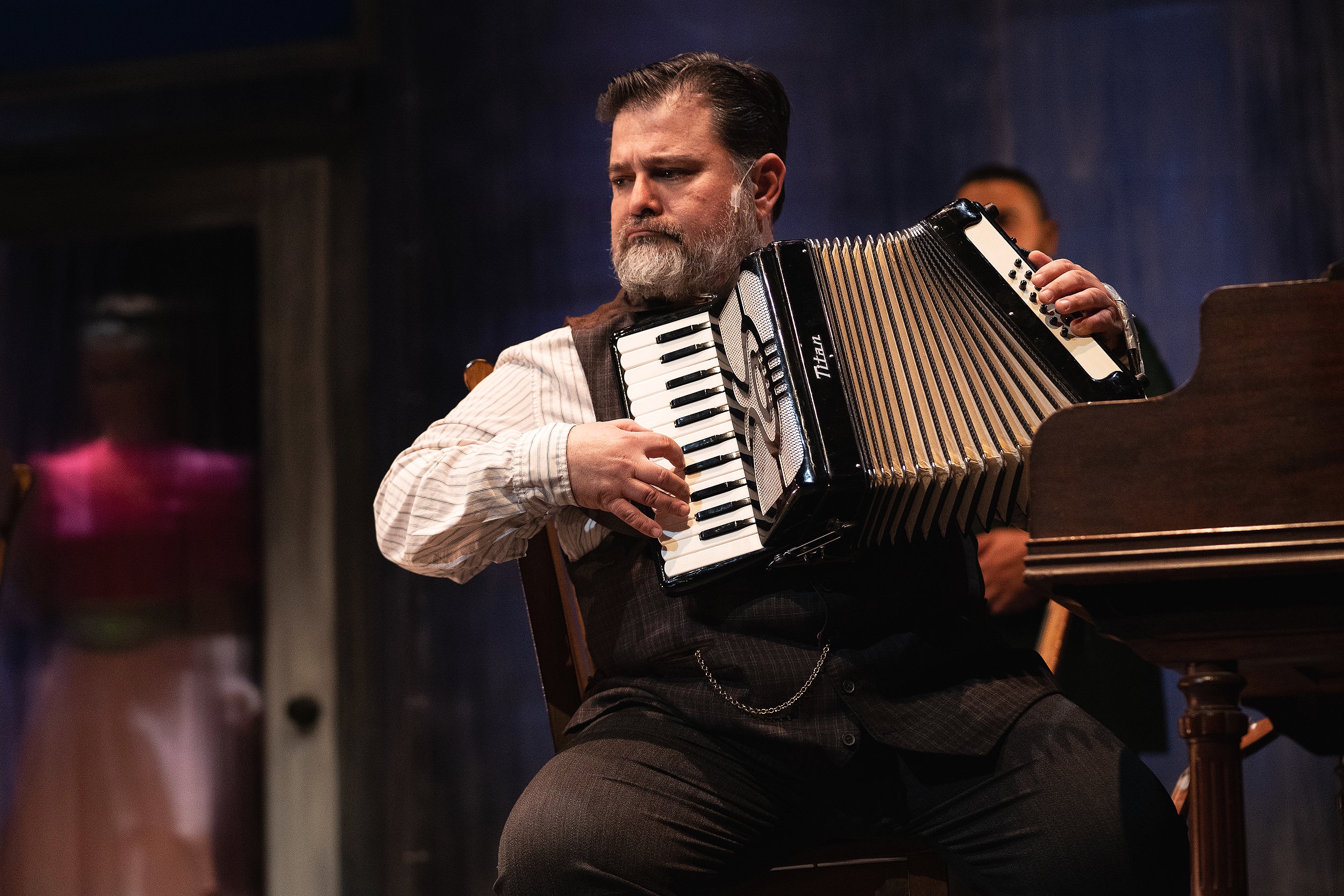
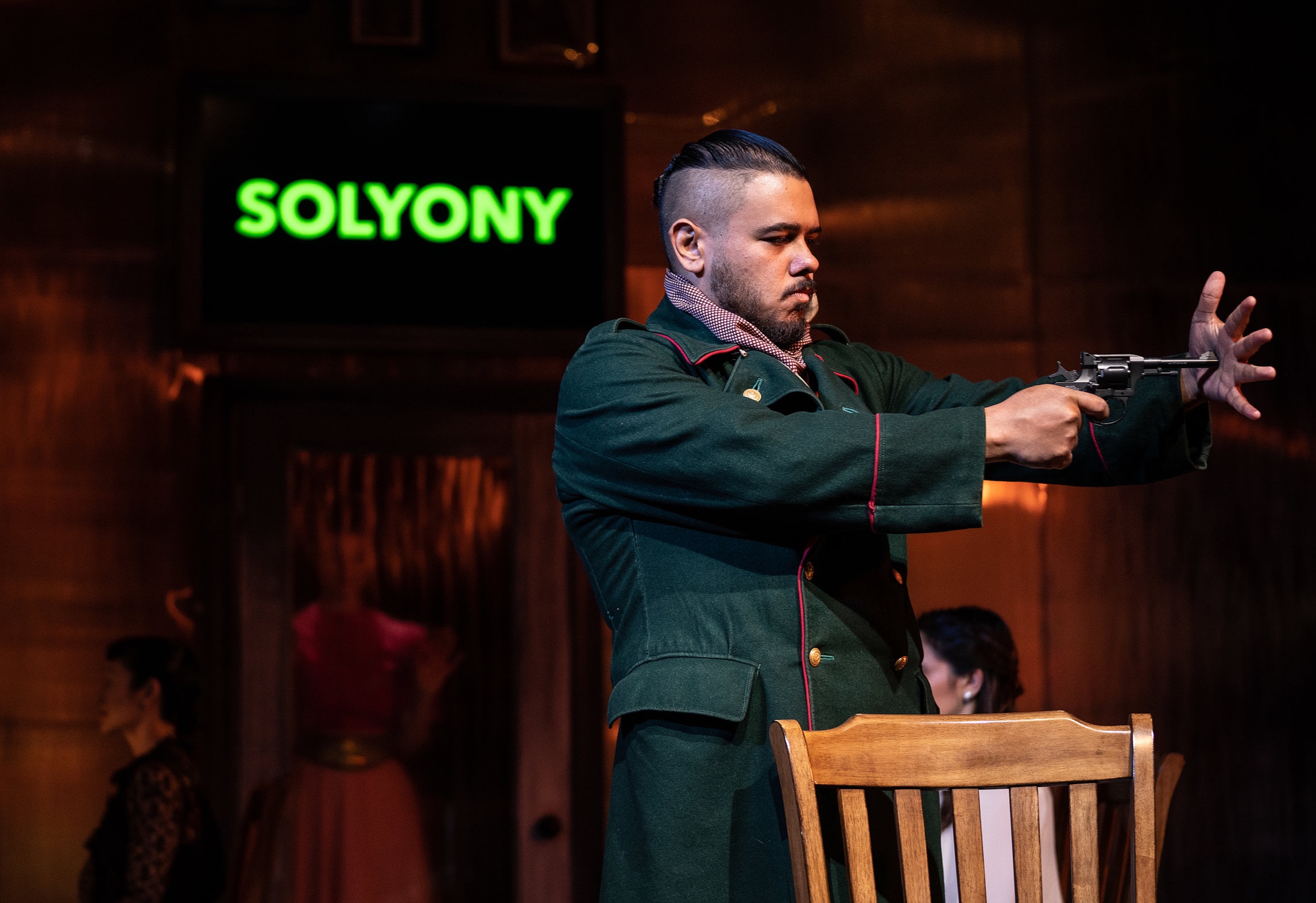
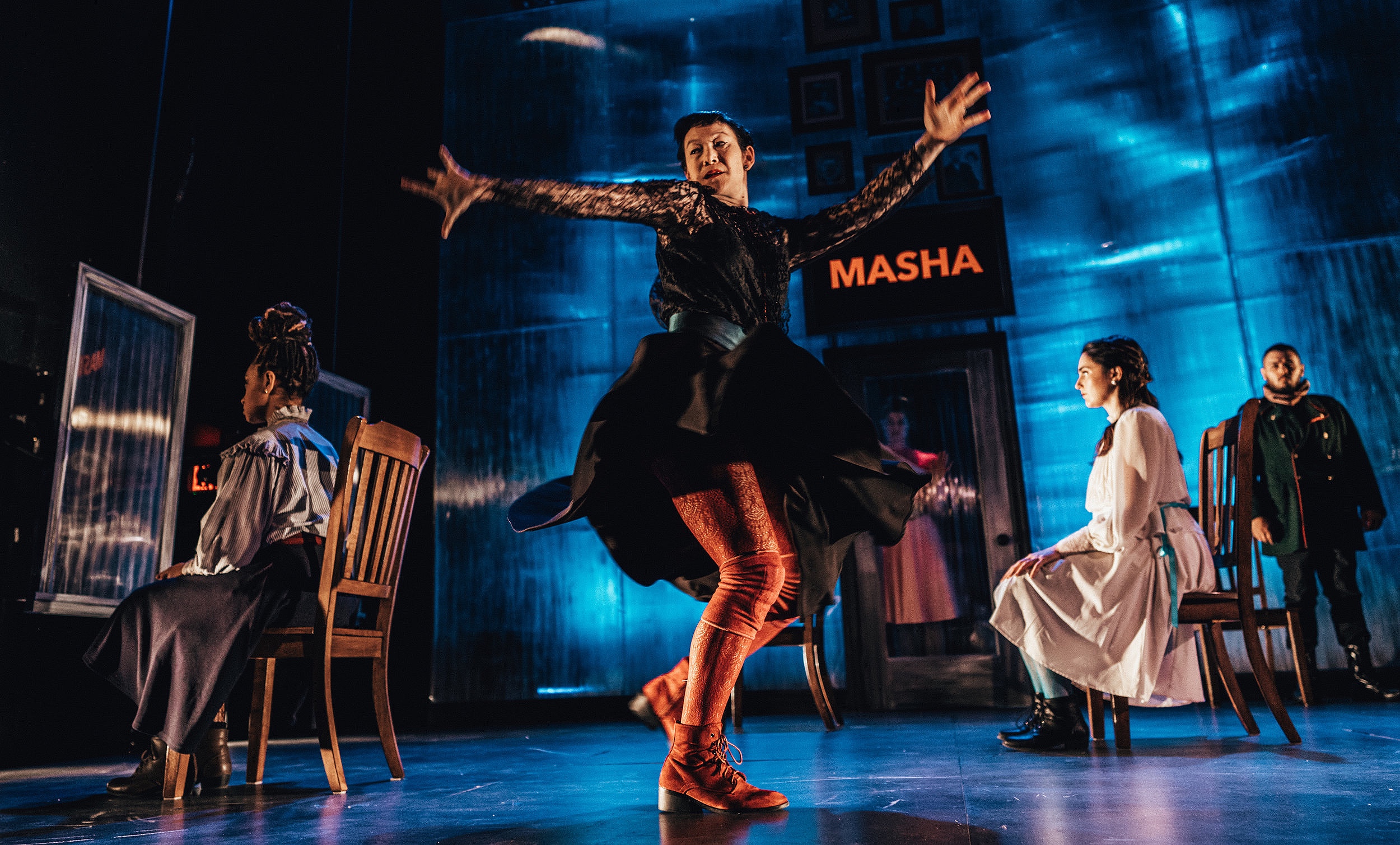
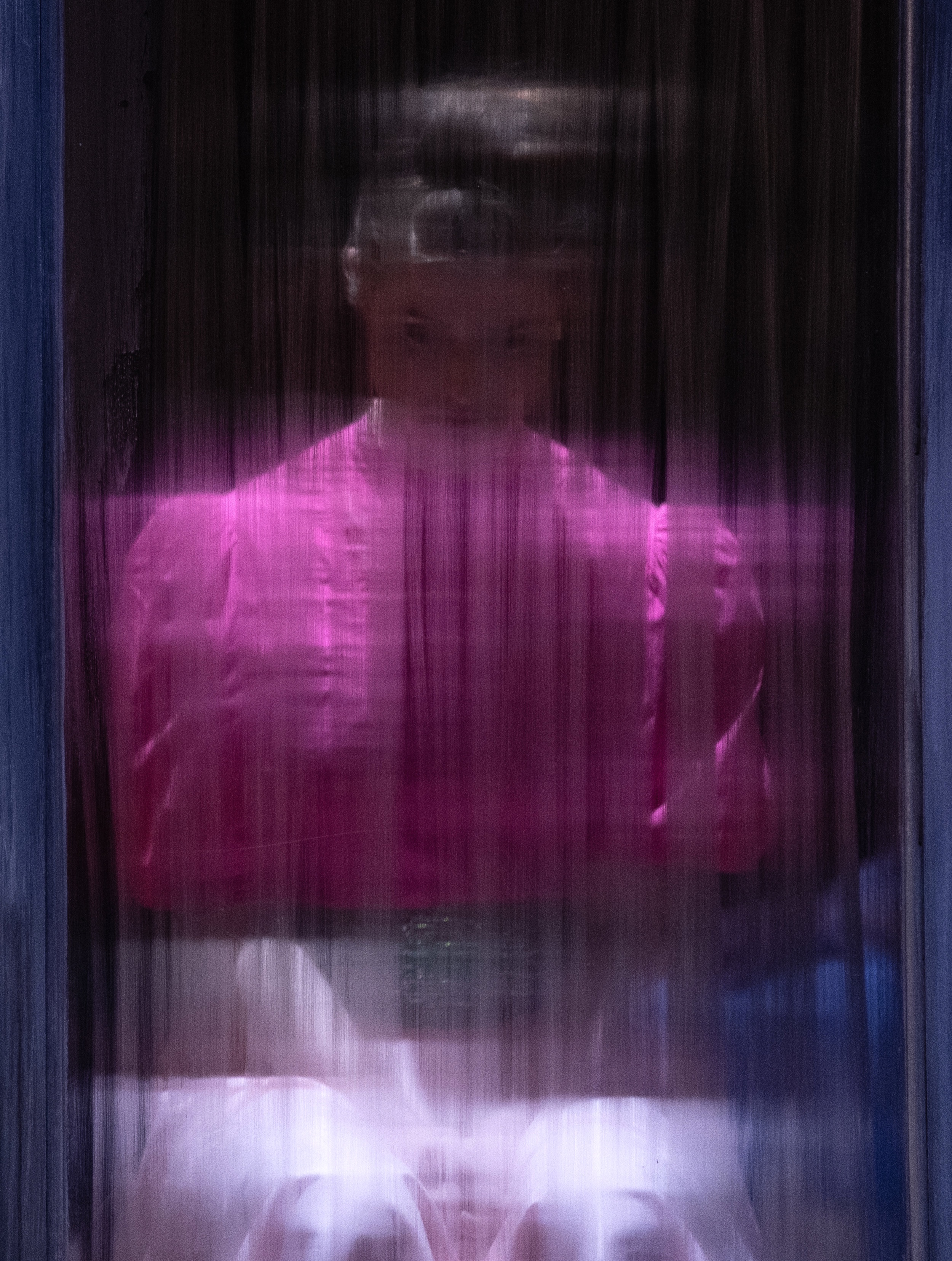
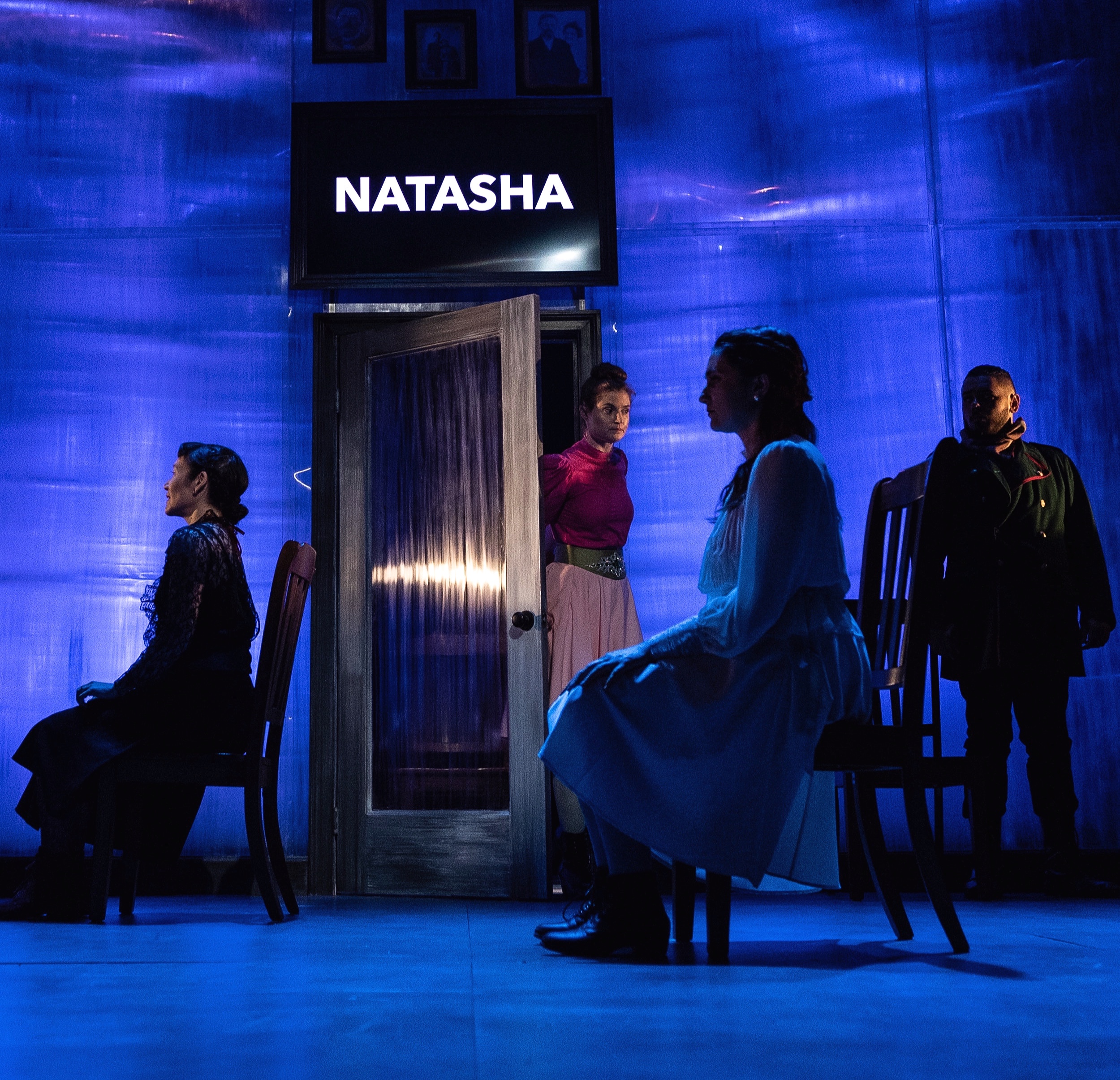
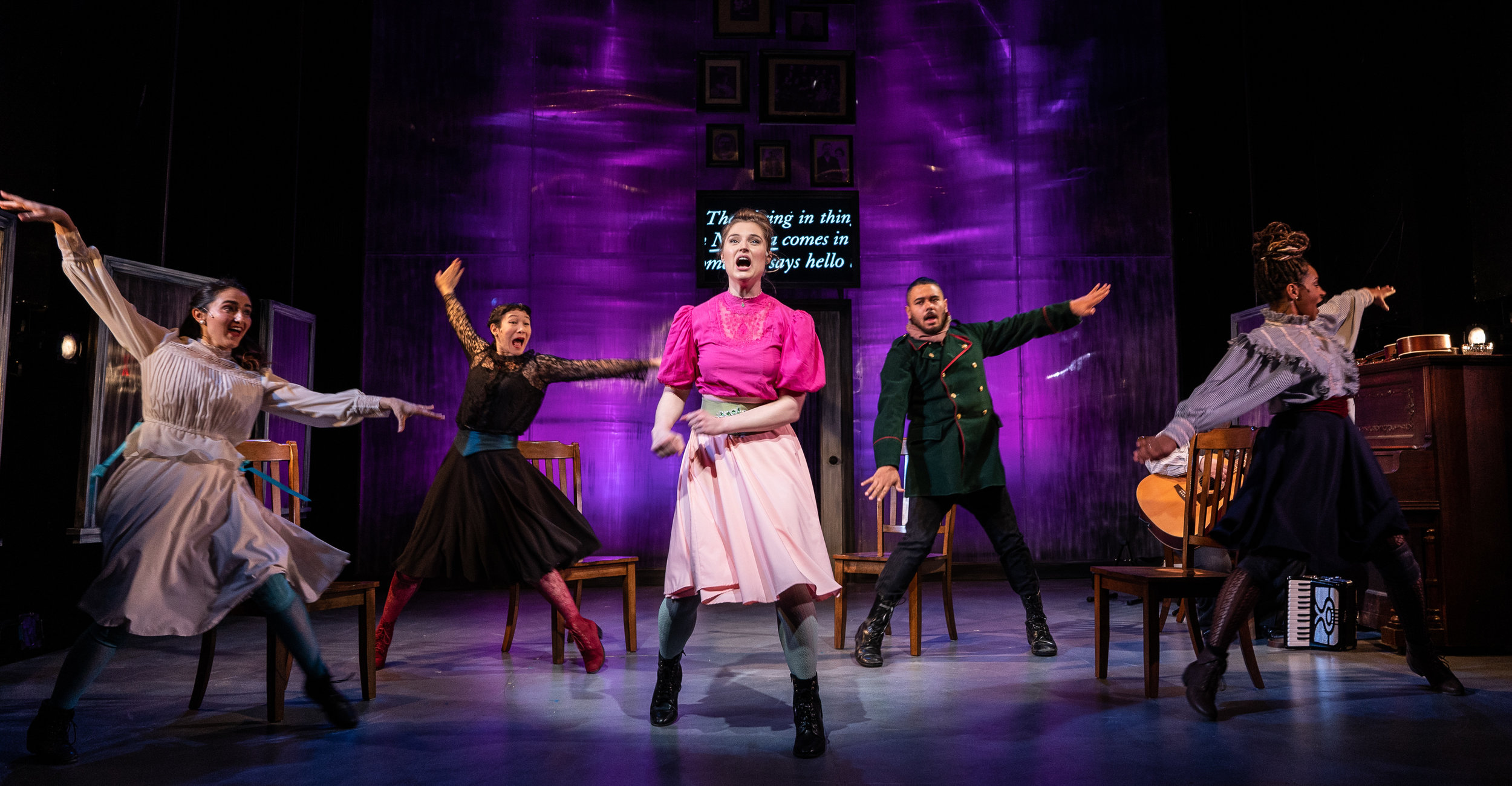
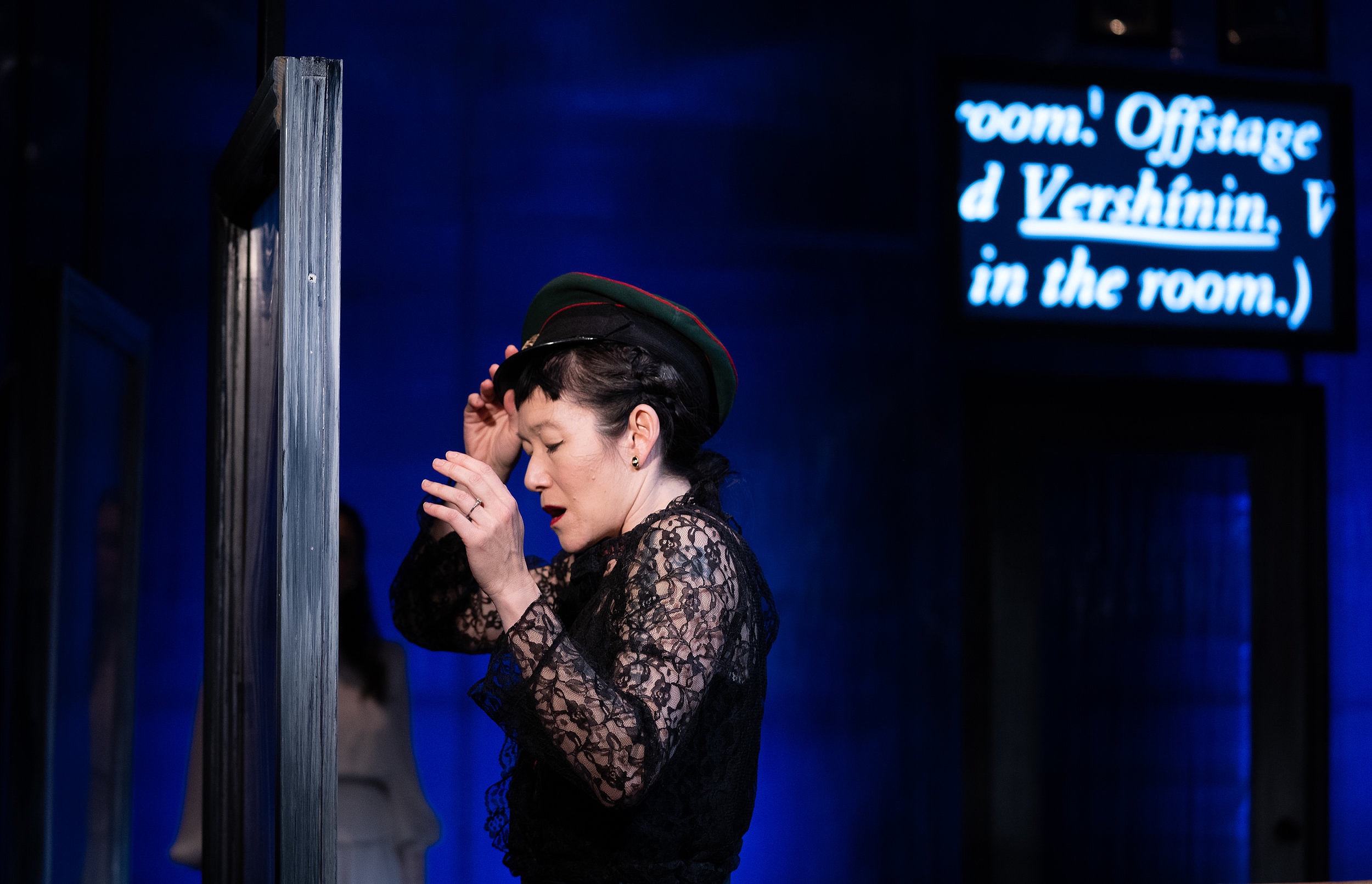
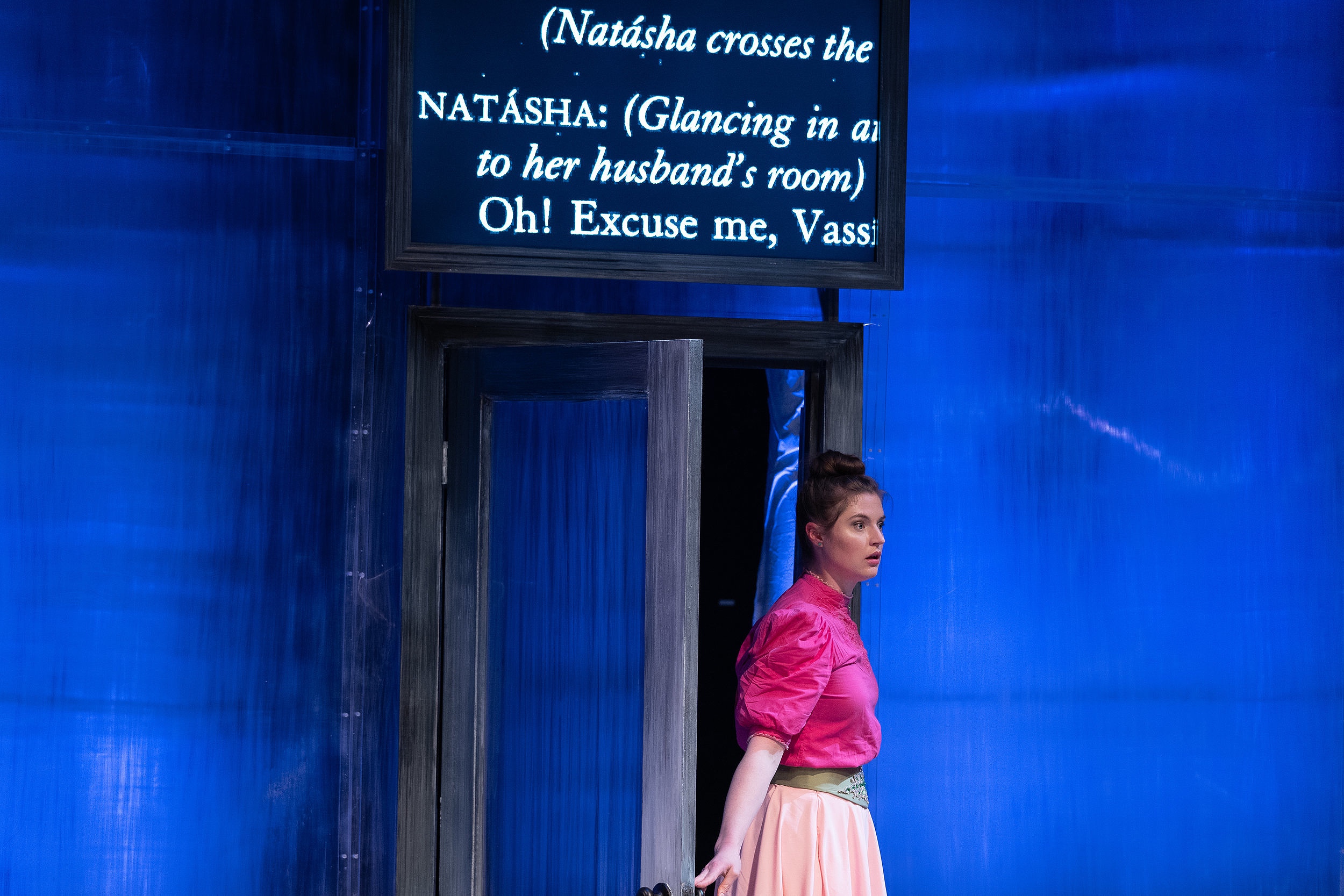
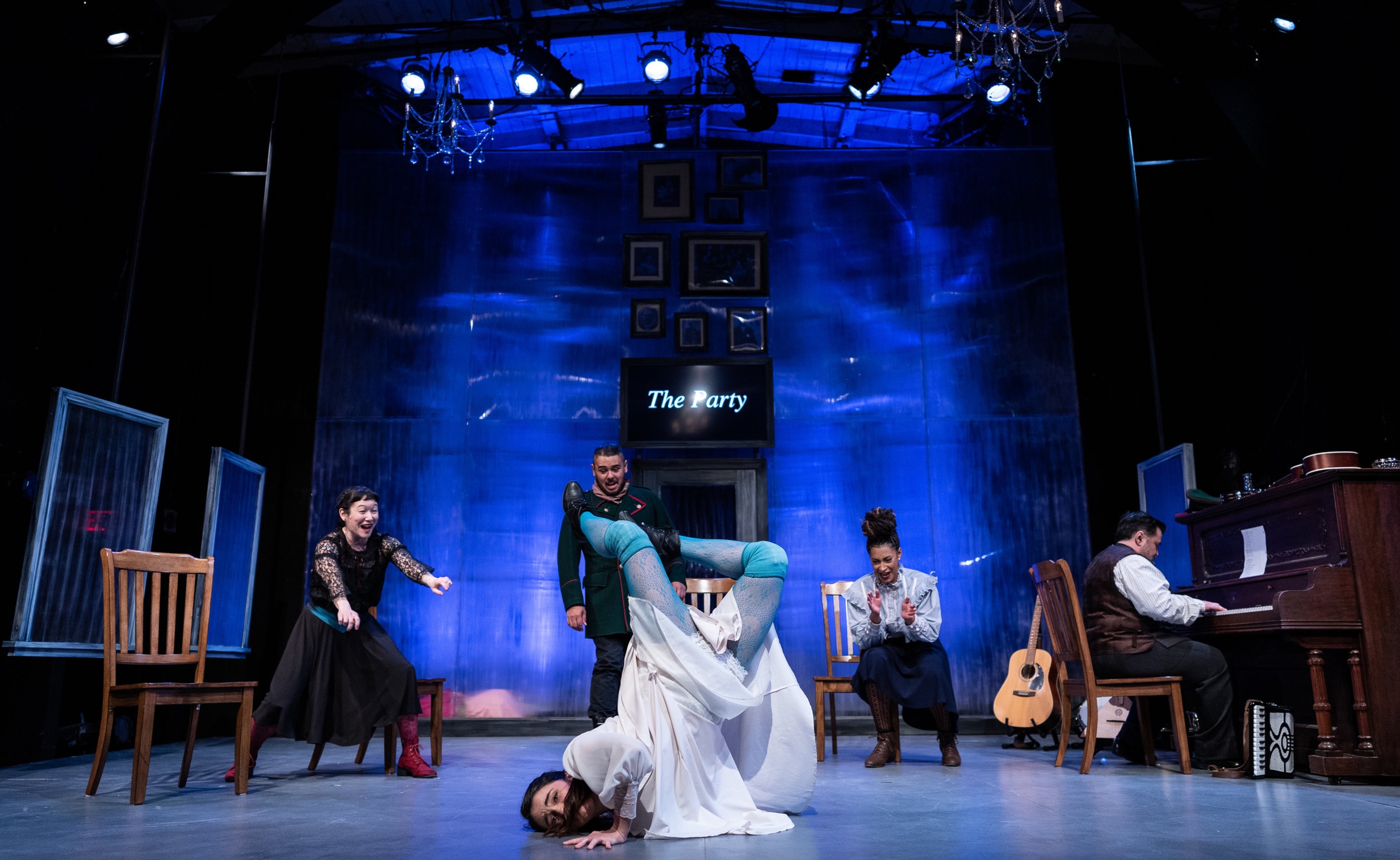
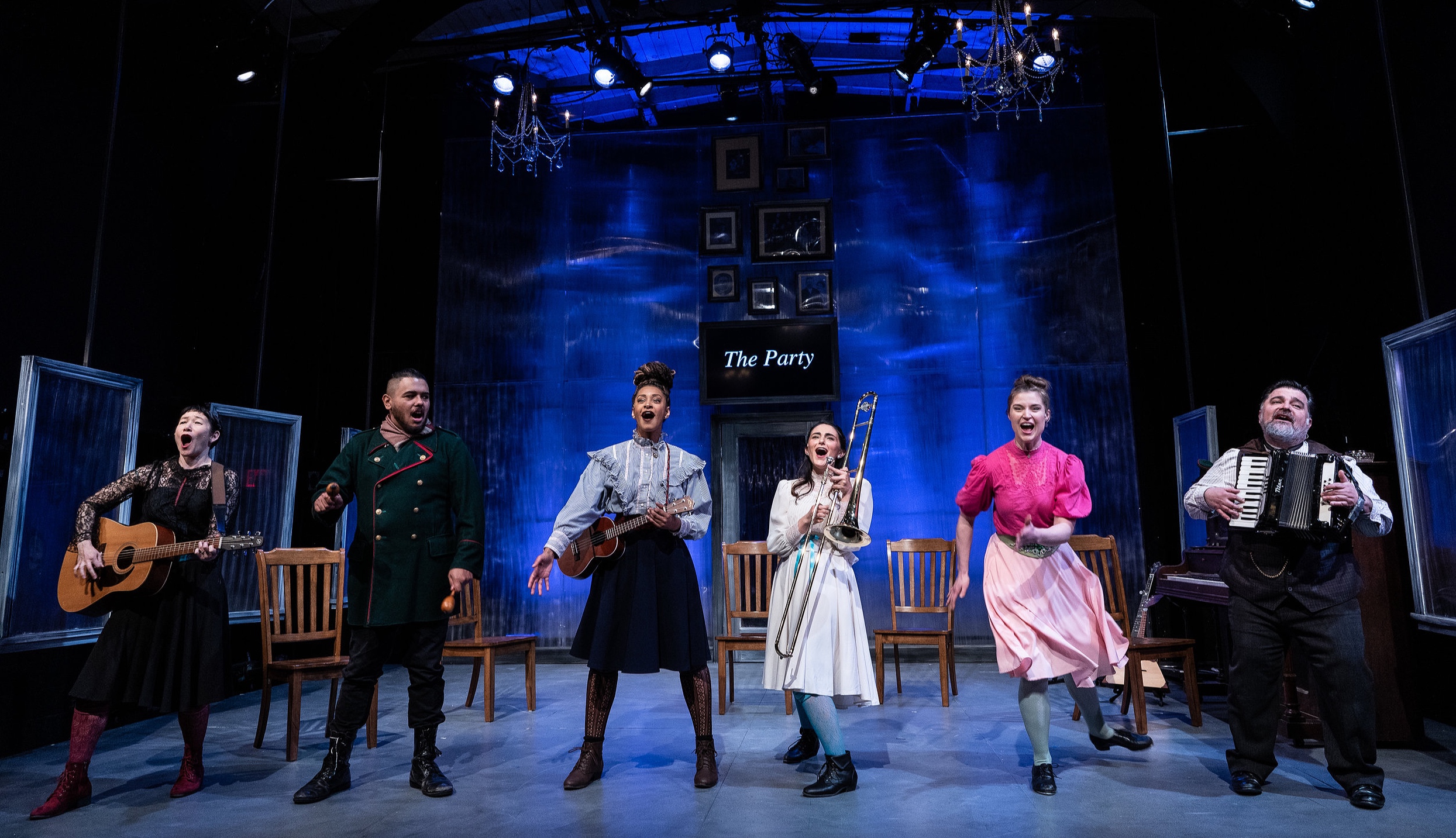
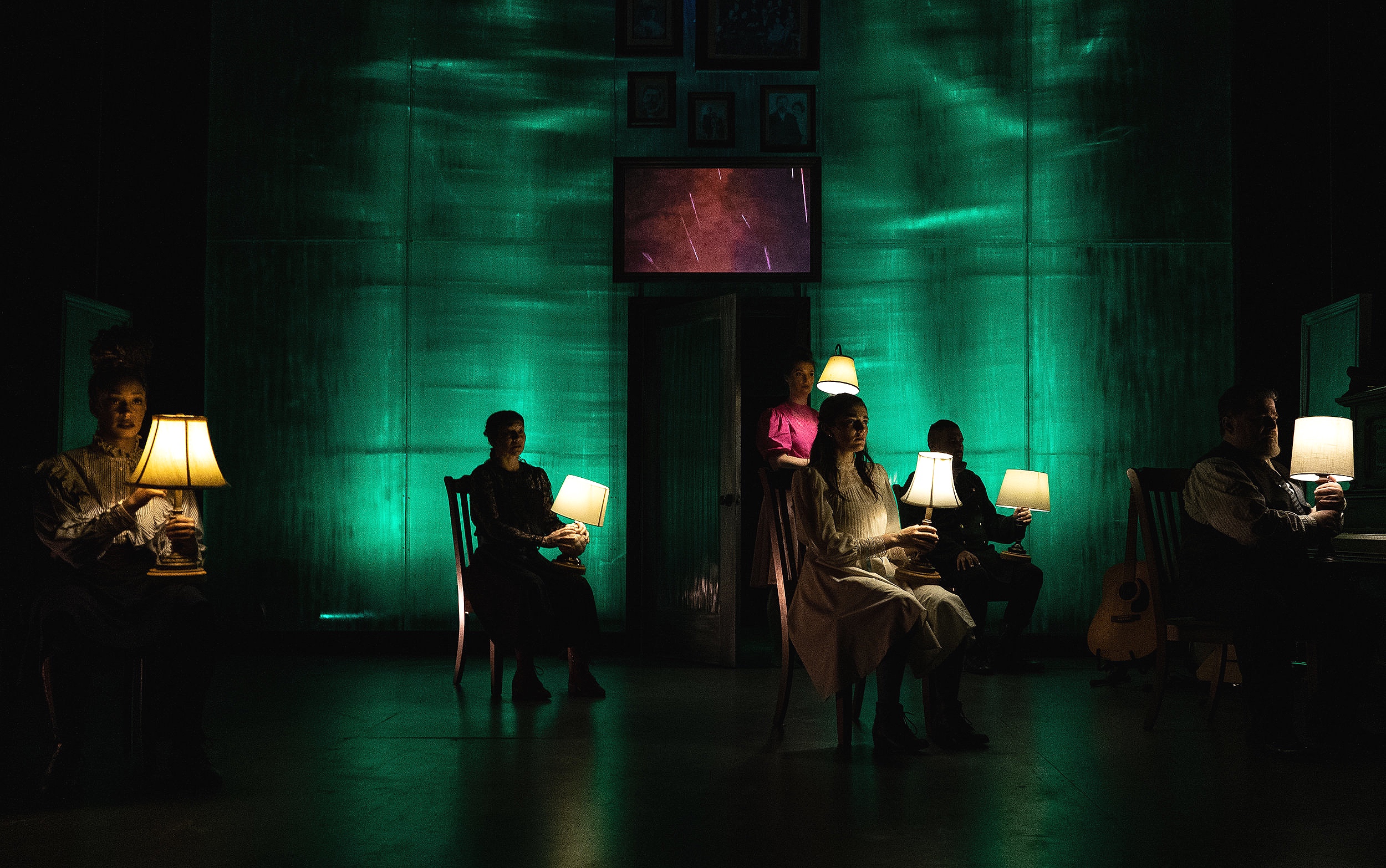
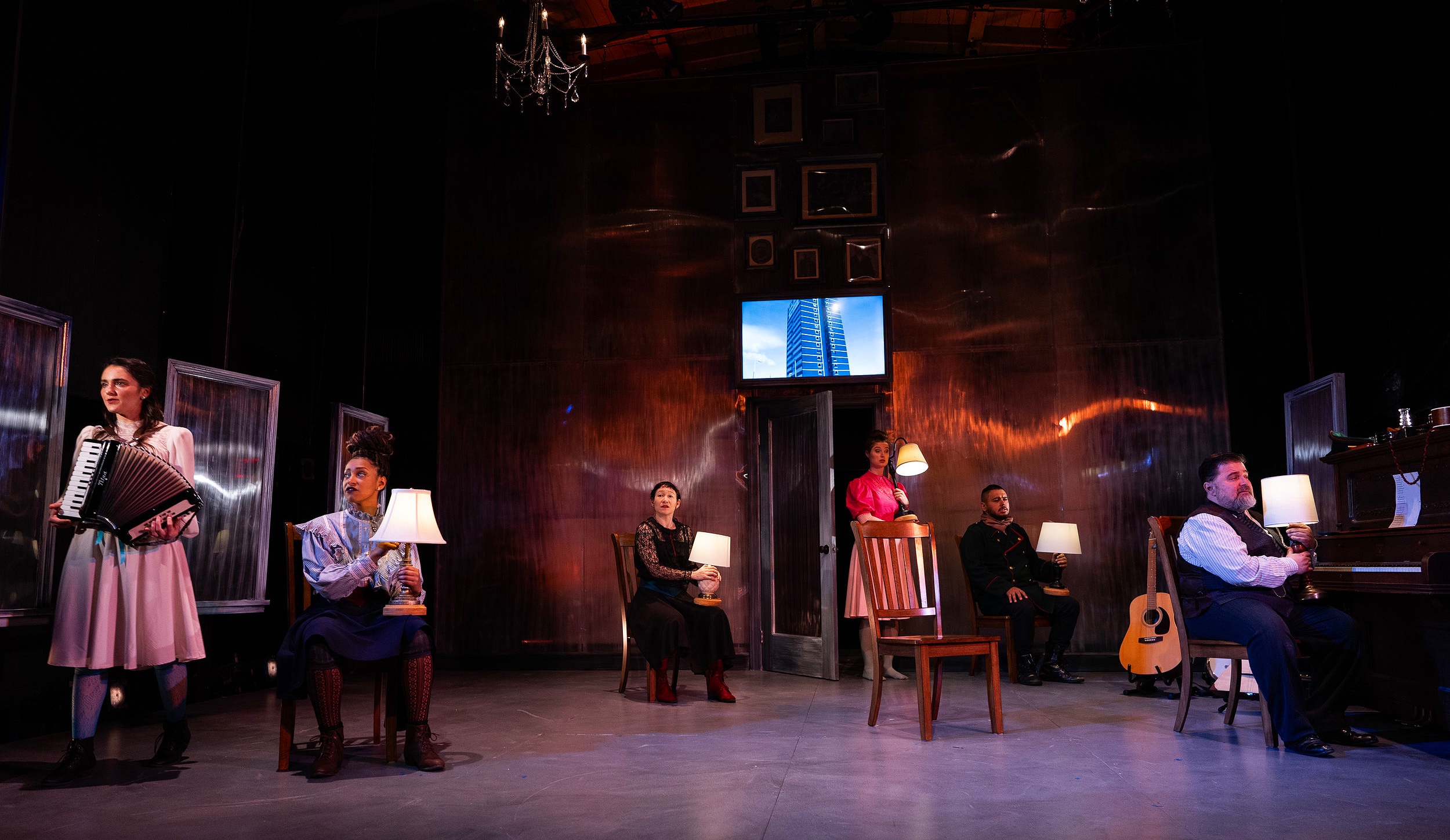


Why do we stop ourselves from making the changes in our lives that we’re desperate to make? Answering that question can feel blurry in the moment, only coming into focus over time, with reflection, after actions taken.
Anton Chekhov wrote Three Sisters in 1901. Four years later an attempt at revolution shook Russia. One can already feel that revolution on the horizon in Three Sisters, its rumble of change exciting and unnerving the characters. And yet as in a Beckett play “they do not move.” What revolutions are rumbling on our horizon? How are we talking (or not) about them and what are we doing (or not) about them?
Chekhov wrote Three Sisters in Russian. Most people who saw this production likely spoke American, whether as their first, second, or third language. There are also other languages we daily use to communicate with one another—music, movement, images, rhythm, energies not seen or heard but felt. Some people likewise draw our attention to emotional languages, learning differences, also cultural and experiential differences. These give each of us an especially sensitive antenna for one particular way of understanding or another—likely different, in any case, from the other people sitting near us when we go to the theater.
What babble of language(s) do we need to navigate the revolutions and the changes on our horizon? Our personal concerns will at times feel embarrassing and small next to our larger political concerns. In those moments, how do we—or do we at all—balance the two?
So, a lot of questions here. We didn’t try to answer these or any other questions that arose from this performance. We only tried, in making and sharing the piece, to ask. Hopefully compellingly, in a variety of languages, in a meditation, a series of blurry memories, cut-off dreams, and leaps of hope… And then, with any luck, to leave the theater still asking and never relenting.